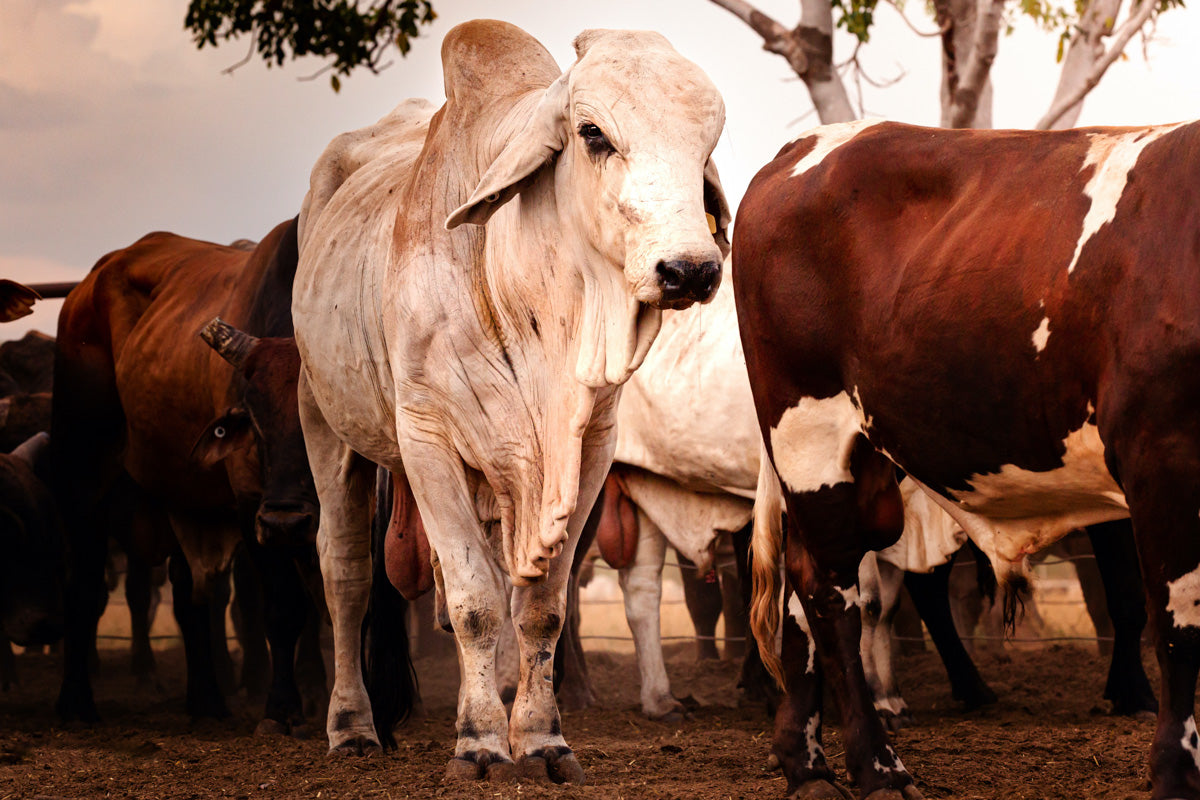Horses are majestic animals that require proper care and attention to maintain their health and well-being. One of the common health issues that horses can face is worm infestation. Worms are parasites that can cause significant harm to horses and can be fatal if left untreated. This article will discuss the types of worms that horses can get and how to prevent and treat infestations.
There are several types of worms that horses can get, including roundworms, tapeworms, and bots. Roundworms are the most common type of worm found in horses and can grow up to 15 inches long. They can cause a range of health issues, including colic, poor growth, and diarrhoea. Tapeworms are flat and can grow up to 20 inches long. They can cause weight loss, colic, and other gastrointestinal issues. Bots are the larvae of flies and can cause damage to the stomach lining of horses.
To prevent worm infestations in horses, it is important to maintain good hygiene practices, including regular cleaning of stalls and paddocks. Horses should also be regularly dewormed using a veterinarian-recommended dewormer. The frequency of deworming can depend on several factors, including the horse's age, environment, and overall health. Your veterinarian can recommend a deworming schedule that is appropriate for your horse.
Symptoms of worm infestation in horses can vary depending on the type of worm and the severity of the infestation. Common symptoms include weight loss, poor coat condition, diarrhoea, colic, and poor performance. If you suspect that your horse may have a worm infestation, it is important to contact your veterinarian immediately. Your veterinarian can perform a fecal exam to diagnose the type of worm and recommend appropriate treatment.
Treatment for worm infestations in horses typically involves the use of a dewormer. Your veterinarian will prescribe a dewormer that is appropriate for the type of worm your horse has and the severity of the infestation. It is important to follow your veterinarian's instructions when administering dewormers to ensure that the treatment is effective.
In conclusion, worm infestations are a common health issue that horses can face. Maintaining good hygiene practices and regularly deworming horses can help prevent infestations. If you suspect that your horse may have a worm infestation, it is important to contact your veterinarian immediately for diagnosis and treatment. By taking preventative measures and seeking prompt treatment, you can help ensure the health and well-being of your horse.




